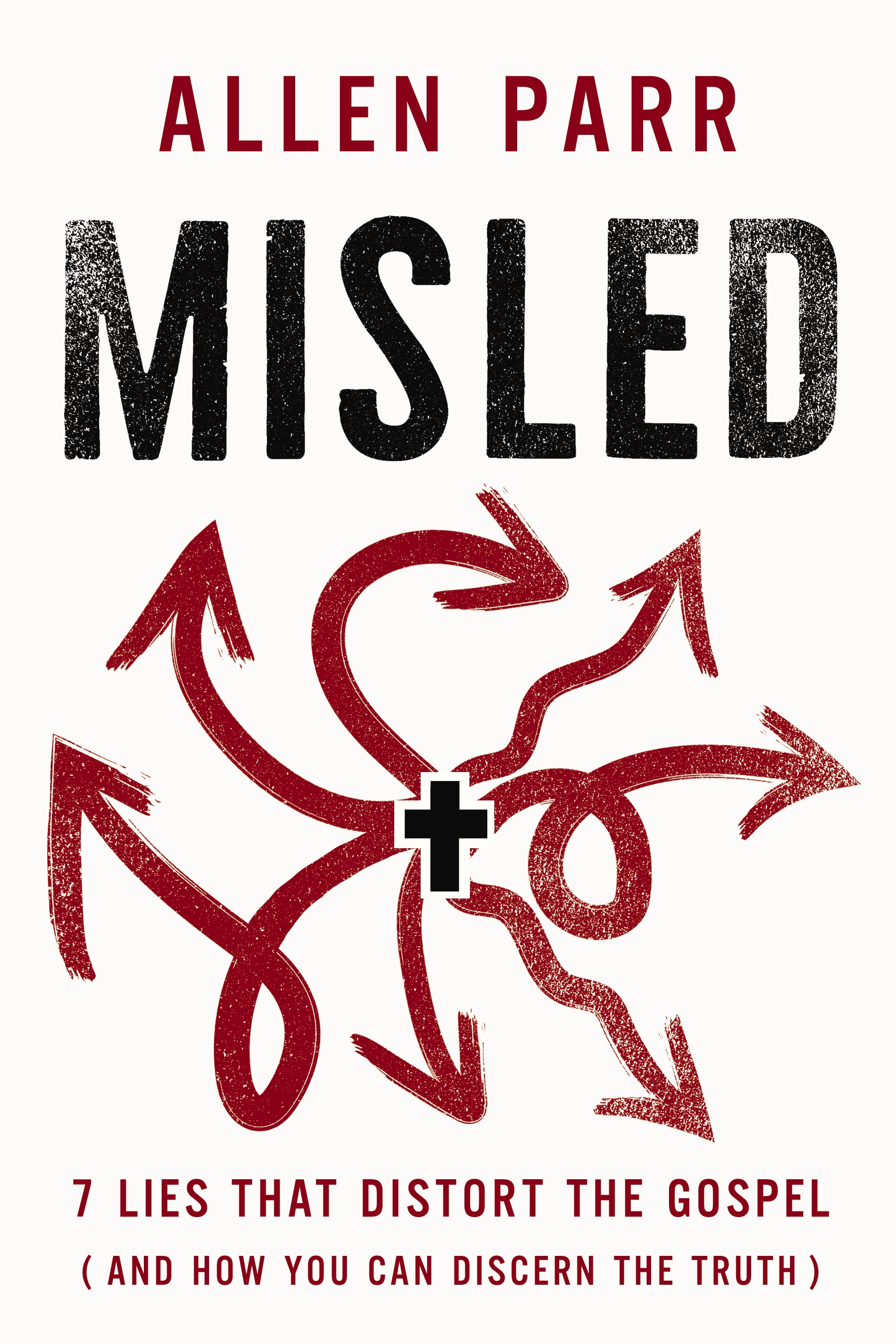Can Christians Speak Things into Existence?

There is a dangerous teaching that is spreading across Christianity like wildfire. Sadly, there are some in the body of Christ who teach that Christians have the power to “speak things into existence.” Those who promote this false teaching claim that because we were created in the image of God (Genesis 1:27), therefore we are “little gods.” With that premise, they suggest that because God used His words to create the universe, we also have within us the same authority to create our own existence through the use of our words. This false teaching is commonly referred to as the “little gods” doctrine or positive confession. Without getting into too much detail, this concept of positive confession has its roots in New Age philosophy, and sadly, it has crept into the church. Not only does it teach that you should confess positive things allegedly promised to you from God, but it also teaches that you should not confess negative things in fear that these negative things may become a reality in your life. For instance, if you start feeling symptoms of sickness, you should refrain from even saying the words “I feel sick,” in fear that some sort of sickness may come upon you. “Don’t claim sickness over your body! Claim healing!” you may hear them say. This is not only unbiblical, but it’s extremely dangerous for believers to buy into.
This false doctrine is built on a faulty foundation. In theology, there is something called the communicable and incommunicable attributes of God. Communicable attributes are attributes that God shares with us, although not to the same degree. God is love, and we too have the capacity to love others. God is just, and we should be just toward others. God is long-suffering, and we should be as well. But there are other attributes of God that He does not share with His creation. God is all-knowing; we are not. God is all-present; we are not. God is sovereign; we are not. God can create out of nothing; we cannot. So to suggest that we have creative power in any way similar to God simply because the scripture teaches that we were created in God’s image is a clear example of improper hermeneutics.
Here is a biblical example of how easy it is to take a scripture out of context and build your theology from a false premise. Romans 4:17 says, “as it is written, ‘I have made you the father of many nations’—in the presence of the God in whom he believed, who gives life to the dead and calls into existence the things that do not exist.” Somehow, some have erroneously focused only on the final phrase of this passage which says, “calls into existence the things that do not exist.” You may have even heard someone say, “I’m calling those things that are not as though they are.” Now, a close look at the context of this passage will reveal that it is God who has the power to speak things into existence. Paul is in the midst of a discussion about the necessity of faith to receive the promise of salvation. He uses Abraham as an example. The context is referring to God’s ability to give life to Sarah’s barren womb. So you see, it is God and God alone who has the ability to “call into existence the things that do not exist,” not us. This underscores the importance of looking at the context to protect yourself from false teachings.
There are a few reasons why this particular doctrine can be damaging to the believer. First, it reverses the roles between man and God. We exist to carry out God’s will. It is our job to submit to the Word of God and the will of God. Positive confession erroneously teaches that God exists to carry out our desire and will. This now makes God subservient to us! We come up with what we want God to do for us, and he is obligated to carry it out because our words have “creative power.” The second problem is that this doctrine is just not consistent with our reality. Take, for example, a couple who is unable to conceive a child. Are we really to believe that if we conjure up the right words, we can convince God to give us a child? Or let’s say you find yourself in debt. Is getting out of debt simply a matter of speaking financial freedom into existence? No, my friend. The reality is that some couples will not be able to conceive, and the way to get out of debt is to apply biblical principles for saving.
Another popular buzzword you may hear people say nowadays is the word manifest. Someone may say, “I manifested my husband” or “I manifested my dream job.” This, too, comes from New Age philosophy, and sadly, many Christians are subscribing to it.
So exactly what role do our words play? The Bible has quite a bit to say about how we use our words. We should use our words to build others up. We should use our words to encourage others. We should advise people, motivate people, inspire people, comfort people, and at times, correct people. The Bible also says quite a bit about how we should not use our words. We should refrain from gossip, slander, criticism, dirty jokes, outbursts of anger, and other forms of unwholesome conversation. So our words do have power, but not in the way in which many from the word of faith movement claim.
False teachings like positive confession are very dangerous to identify because most of them combine some truth with a lie. They also typically originate from a mishandling of Scripture. For this reason, many well-meaning Christians are led astray by false teachings such as the false doctrine of positive confession. I encourage you to sharpen your discernment by paying close attention to the context in which scriptures are being used so you can avoid being misled by false teaching.

Photo credit: ©GettyImages/LillyRoadstones


Originally published June 15, 2023.




